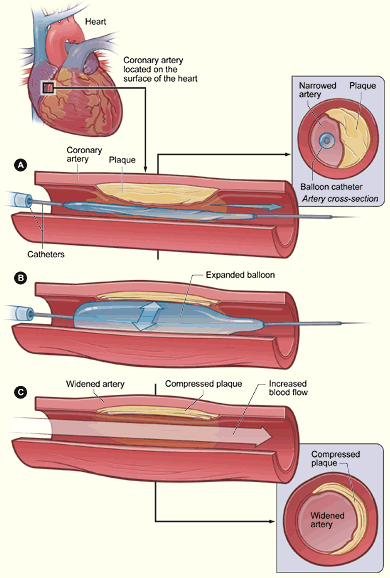Many Patients Continue to Smoke Even After Being Diagnosed With Cancer
Posted onA new analysis has found that a substantial number of lung and colorectal cancer patients continue to smoke after being diagnosed. Published early online in CANCER, a peer-reviewed journal of the American Cancer Society, the study provides valuable information on which cancer patients might need help to quit smoking.
When a patient receives a cancer diagnosis, the main focus is to treat the disease. But stopping smoking after a cancer diagnosis is also important because continuing to smoke can negatively affect patients’ responses to treatments, their subsequent cancer risk, and, potentially, their survival. Elyse R. Park, PhD, MPH, of the Massachusetts General Hospital/Harvard Medical School in Boston, led a team that looked to see how many patients quit smoking around the time of a cancer diagnosis, and which smokers were most likely to quit.
The investigators determined smoking rates around the time of diagnosis and five months after diagnosis in 5,338 lung and colorectal cancer patients. At diagnosis, 39 percent of lung cancer patients and 14 percent of colorectal cancer patients were smoking; five months later, 14 percent of lung cancer patients and 9 percent of colorectal cancer patients were still smoking. These results indicate that a substantial minority of cancer patients continue to smoke after being diagnosed. Also, although lung cancer patients have higher rates of smoking at diagnosis and following diagnosis, colorectal cancer patients are less likely to quit smoking following diagnosis.
Obviously, some patients, even after having cancer, have a hard time breaking the addictive cycle of nicotine.
Physicians and dentists must develop strategies to help these patients quit and quit for good.





